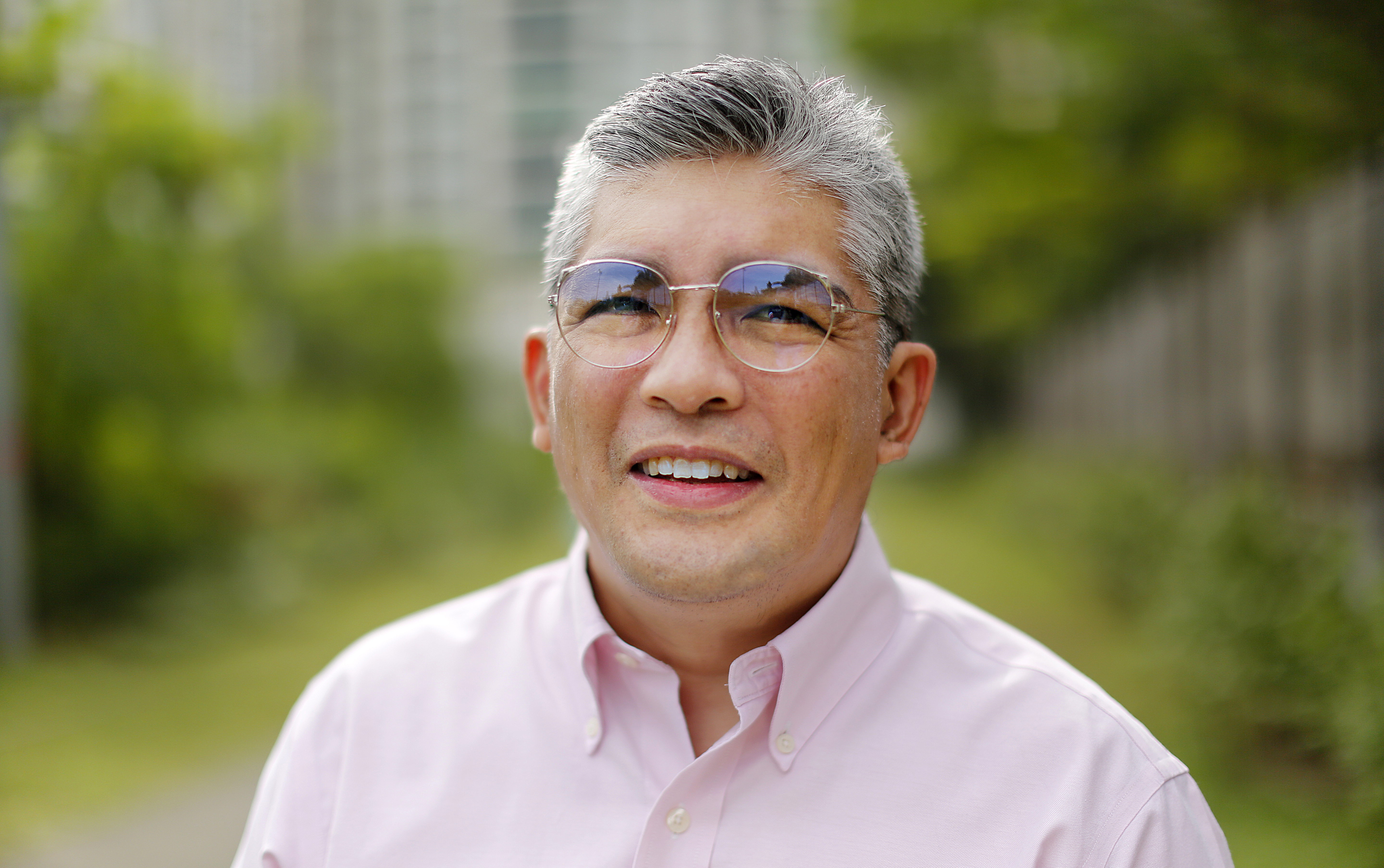OFF THE BEATEN PATH

Coldplay in Manila, the air thrummed with a thousand beating hearts. Neon stars bathed the audience as Chris Martin’s voice soared, a British rock symphony echoing through the cavernous space. It was a cultural confluence, a dazzling spectacle not just of musical prowess, but of global and local melodies intertwining.
Yet, a bittersweet note lingered. In a nation where foreign sounds reign supreme, Coldplay’s concert became a mirror reflecting Original Pilipino Music (OPM)’s often-muted melody. A vibrant tapestry of talent struggling to be heard above the global din, its struggle echoed in airplay, streaming algorithms, and concert attendance.
But this is not a call for musical war, pitting OPM against the world. Music, like humanity, thrives in diversity. The true battle lies in recognizing the unique value of each note, finding harmony in the symphony of sound. Coldplay’s Manila concert, in its embrace of Filipino artists and local tunes, hinted at this possibility.
As an audiophile, I was captivated by the sonic upgrade from their 2017 open-air performance. Each note, crisp and clear, caressed the skin. But beyond the technical brilliance, something deeper resonated. This time, as the final notes faded, it wasn’t Coldplay’s anthems echoing in my head, but the song “Uhaw,” sang by local artist, Dilaw, with Chris Martin playing his guitar as part of the band. It was a moment of exquisite cultural exchange, a tapestry woven with threads of Filipino soul.
And in the stands, seven years after 2017, stood my son, now old enough to share this symphony. Side by side, we sang along, two voices blending into one. It felt like passing a torch, a spark of musical appreciation leaping across generations.
This shared experience, transcending VIP seats and general admission, echoes President Marcos Jr.’s call for unity. But we must delve deeper than platitudes. While weathering the same storm, our boats are far from identical. Economic disparities within the music industry itself speak volumes. We are not in the same boat; we are in the same storm, some on rickety dinghies, others on sturdy yachts.
So, if Coldplay sees the beauty in our local talent, why do we, as Filipinos, not do enough? The answer, like a complex chord, resonates with historical echoes. We, the colonized, were once told to sing the colonizer’s song. Yet, within that borrowed melody, we found our own rhythm, our own voice. As locals say of visitors who learn the dialect, “Hindi ka na pwede mabenta” – you cannot be sold cheap.
In this largely commodified world, we wield the lessons of history, not as chains, but as levers. We pry open the gates of musical liberty, reclaiming our voice one syllable at a time. This is the essence of knowing our worth, a message Coldplay unwittingly delivered through their Manila concert.
They reminded us of the beauty inherent in our own music, in our own stories. They showed us that collaboration, not competition, is the key to creating a richer, more vibrant soundscape.
Coldplay’s Manila concert wasn’t just a concert; it was a cultural crossroads. It was a reminder that music, like humanity, thrives in diversity. It was a call to recognize the unique value of OPM, not just in comparison, but in its own right. It was a plea to know our worth, to sing our own songs, and to weather the storm together, even if our boats are not the same. Let Coldplay's Manila concert be not a barrier, but a bridge, a symphony where local and global melodies harmonize, creating a sound that truly transcends borders and resonates with the soul of a nation.